Call Outline:
To support strategic scientific dialogue around the concept of extending the vision of “21st century toxicology” to the wider biosciences, Humane Society International and The Humane Society of the United States are offering grants of up to $10,000 (USD) in funding to support the development and open-access publication of in-depth, independent review articles in discrete areas of human disease/biomedicine by health scientists with relevant expertise.
 Who can apply
Who can apply
• Health researchers holding a PhD (or equivalent) degree and be able to demonstrate relevant experience in the disease area they propose to review.
• Eligible individuals may currently be employed in a health research position in the academic, private or public sectors, or may have retired from such a position.
• Applications will be accepted from single authors or groups.
• The current call is restricted to applicants in the United States, Canada, European Union and South Korea.
The closing date for this call is 30 June 2017
If you are interested in applying to this or other non-UK funded calls, please contact Emily Cieciura, RKEO’s Research Facilitator: EU & International.
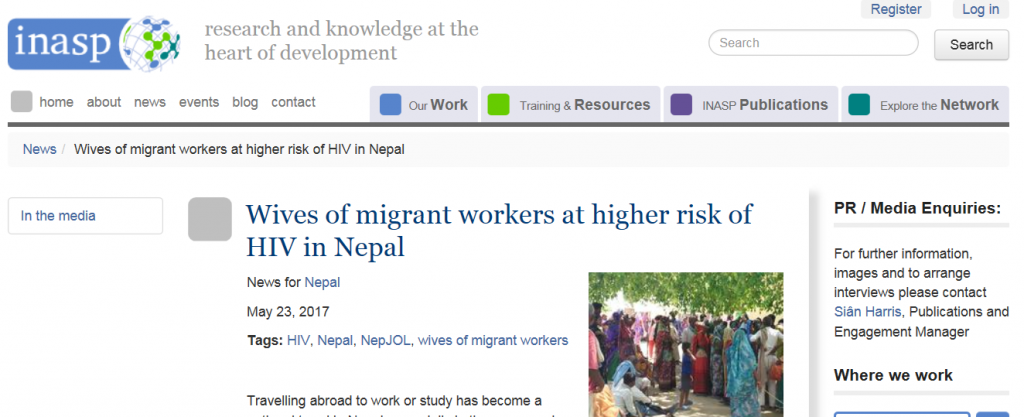
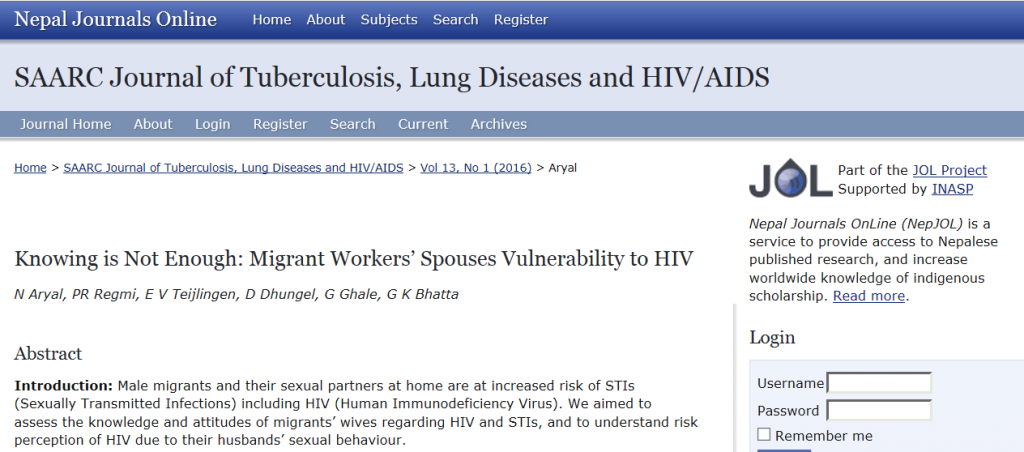
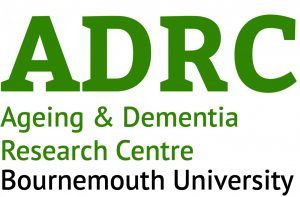



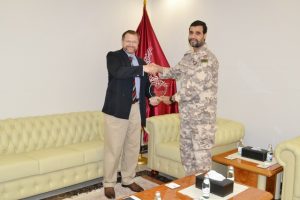
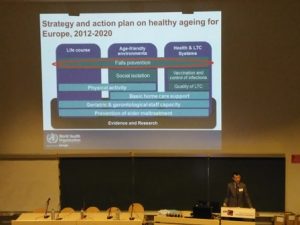
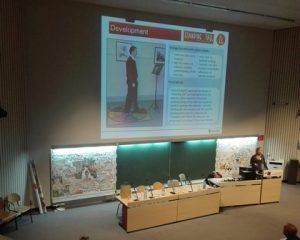


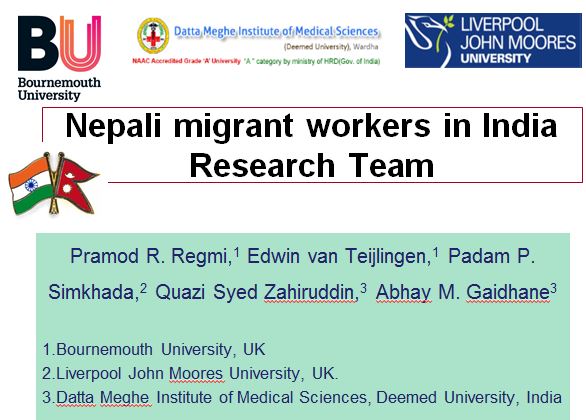


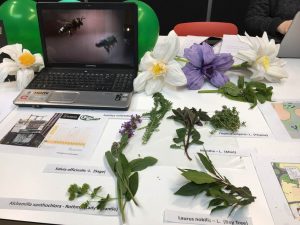
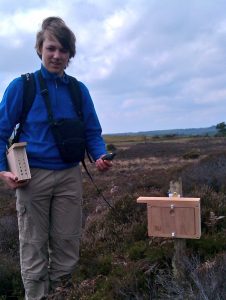
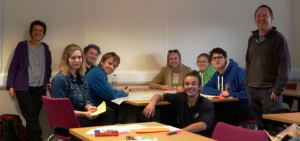

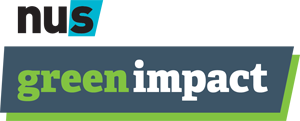
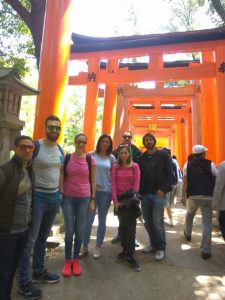
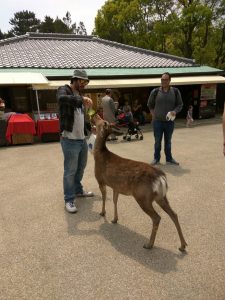

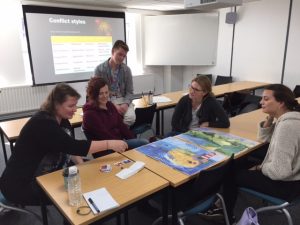
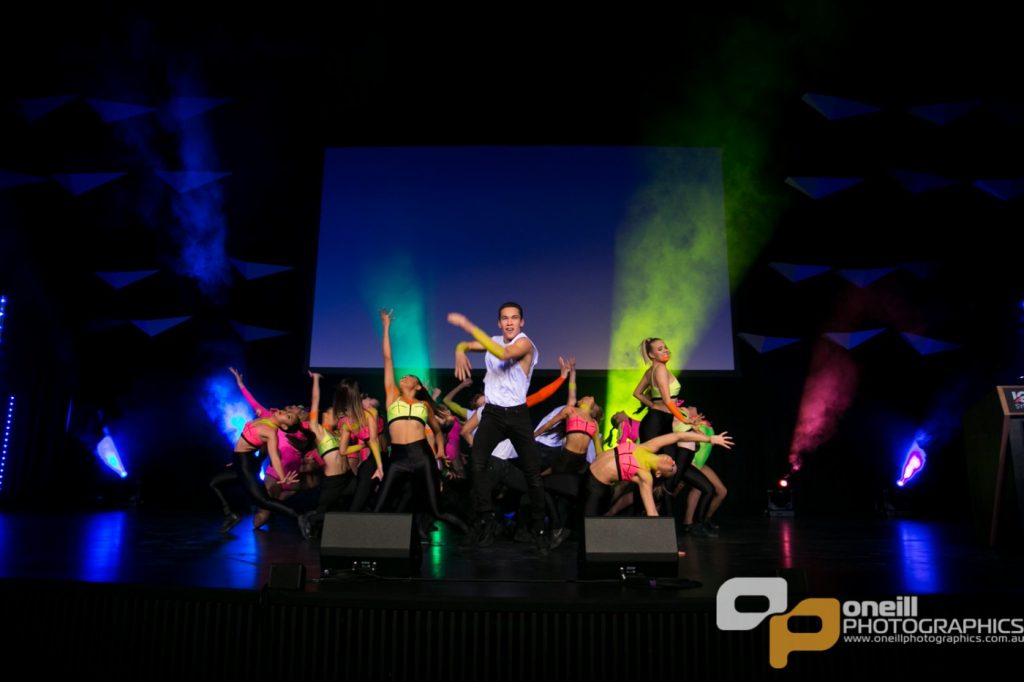
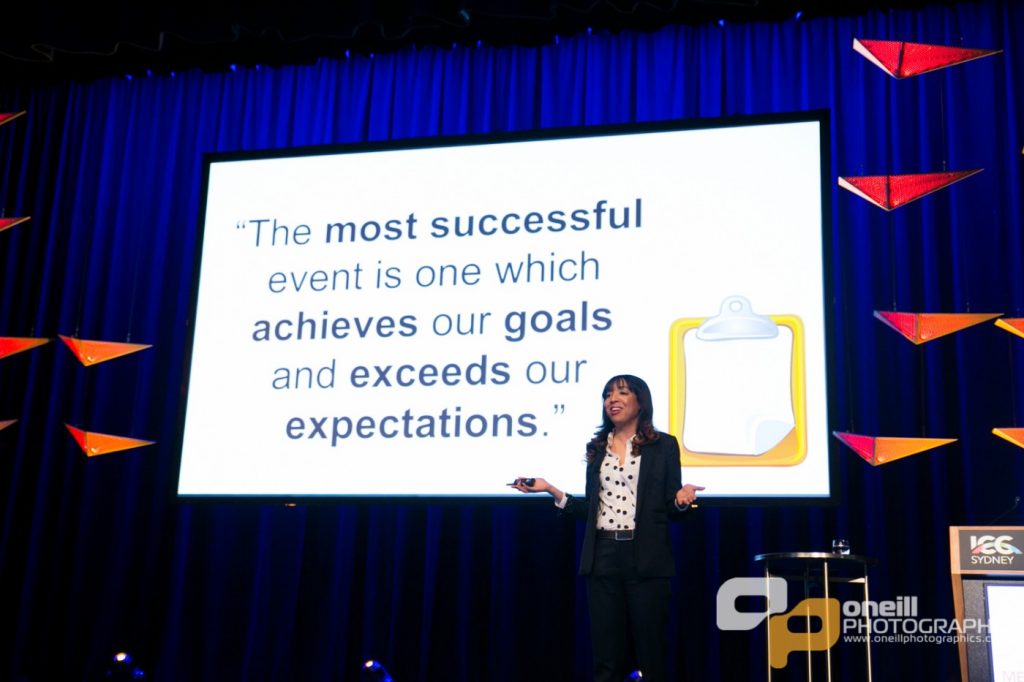
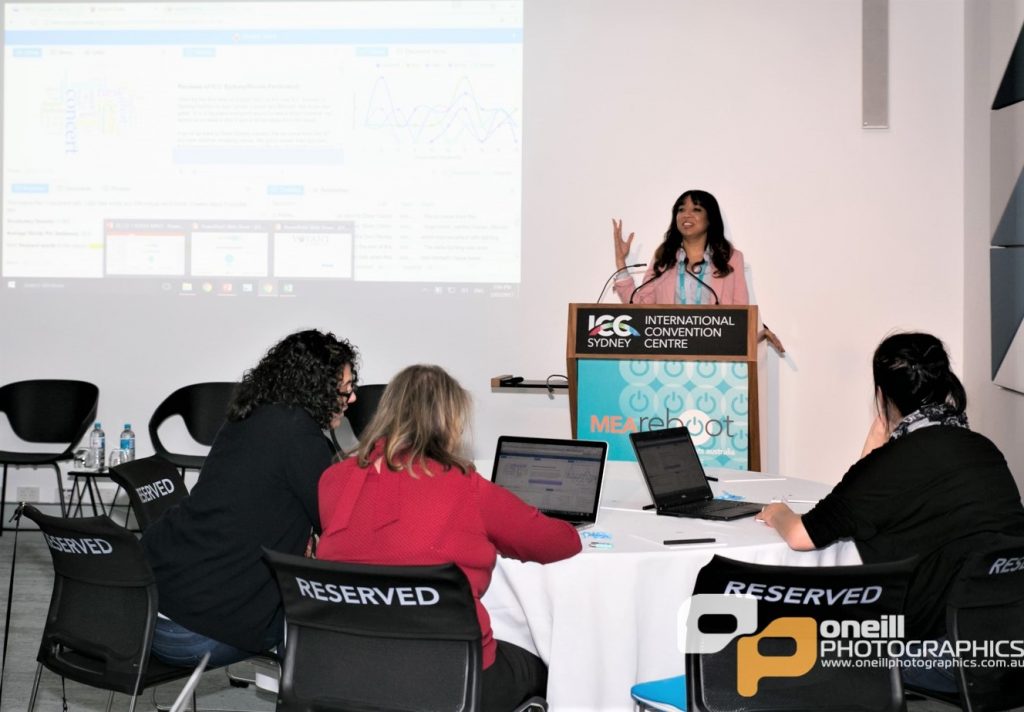
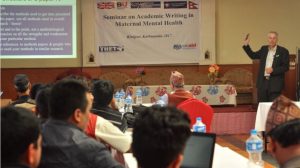
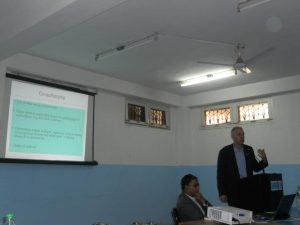
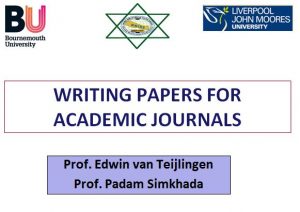











 REF Code of Practice consultation is open!
REF Code of Practice consultation is open! BU Leads AI-Driven Work Package in EU Horizon SUSHEAS Project
BU Leads AI-Driven Work Package in EU Horizon SUSHEAS Project Evidence Synthesis Centre open at Kathmandu University
Evidence Synthesis Centre open at Kathmandu University Expand Your Impact: Collaboration and Networking Workshops for Researchers
Expand Your Impact: Collaboration and Networking Workshops for Researchers ECR Funding Open Call: Research Culture & Community Grant – Apply now
ECR Funding Open Call: Research Culture & Community Grant – Apply now ECR Funding Open Call: Research Culture & Community Grant – Application Deadline Friday 12 December
ECR Funding Open Call: Research Culture & Community Grant – Application Deadline Friday 12 December MSCA Postdoctoral Fellowships 2025 Call
MSCA Postdoctoral Fellowships 2025 Call ERC Advanced Grant 2025 Webinar
ERC Advanced Grant 2025 Webinar Update on UKRO services
Update on UKRO services European research project exploring use of ‘virtual twins’ to better manage metabolic associated fatty liver disease
European research project exploring use of ‘virtual twins’ to better manage metabolic associated fatty liver disease